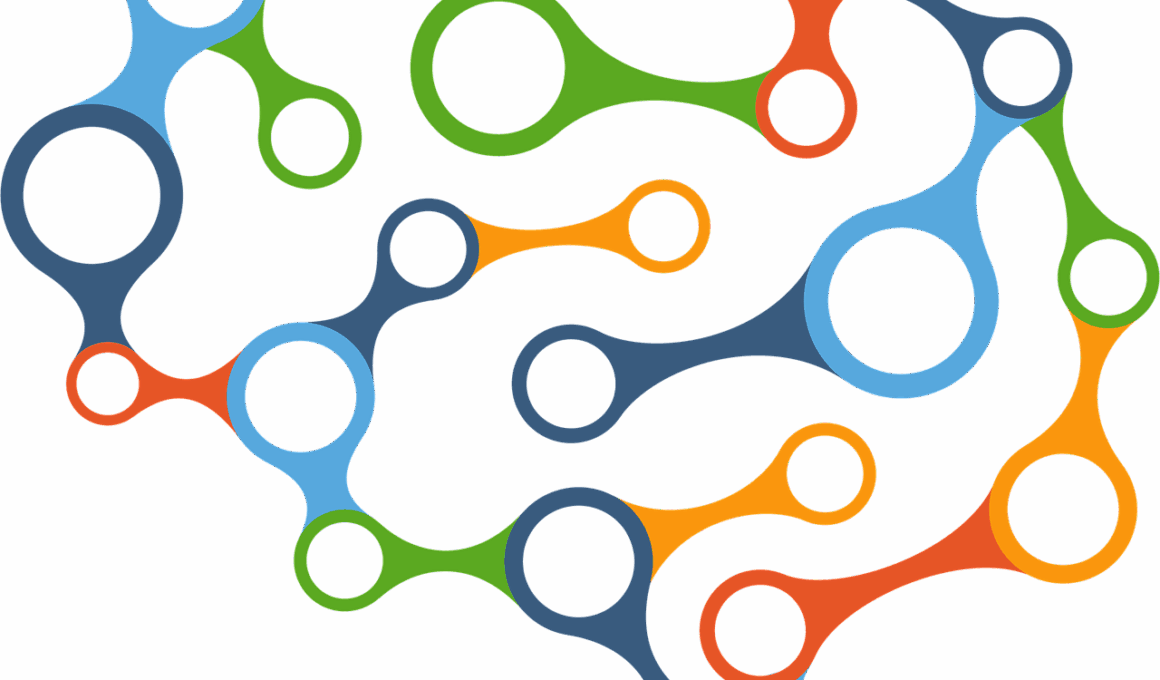The Neurobiology of the Placebo Effect: Brain Mechanisms and Healing
The placebo effect has fascinated researchers for many decades, demonstrating the profound ways in which the mind influences bodily responses. At its core, the placebo phenomenon hinges on the brain’s ability to create biochemical changes in the body, often leading to notable improvements in health. Researchers have discovered that the expectation of relief or healing can trigger neurobiological pathways that mimic the effects of actual medication. Studies indicate that even the mere belief in treatment can activate brain regions associated with pain relief and emotional well-being. Recent advances in neuroimaging technologies, such as fMRI, have shed light on these mechanisms by capturing real-time brain responses during placebo treatments. This scientific exploration reveals how the brain can effectively become a healing agent, illustrating the intricate relationship between mind and body. The neurobiology underlying this effect involves neurotransmitters like dopamine and endorphins, which can help alleviate symptoms in patients. Placebo responses are not mere tricks of the mind; they represent a genuine biological response, bridging the gap between psychological expectation and physiological outcomes in healing processes and therapies.
Several factors contribute to the strength of the placebo effect, emphasizing the complexities of human psychology. The patient’s expectations about treatment, their prior experiences with therapy, and the doctor-patient relationship can all play crucial roles. Moreover, cultural influences can shape individuals’ responses to placebos, underscoring the influence of societal beliefs on health outcomes. For example, individuals from cultures that place high value on traditional medicine may experience stronger placebo effects. Expressive elements, such as the appearance of medication or the perceived credibility of the medical provider, can further enhance the therapeutic effectiveness of placebos. By understanding these variables, healthcare professionals can better harness the placebo effect as a complementary strategy in treatment. It is vital to communicate effectively and cultivate trust in patient relationships. This aspect of care may enhance the psychological and emotional state of patients, contributing significantly to their overall health outcomes. Thus, the placebo effect illustrates the importance of a holistic approach in healthcare, combining both physiological treatment and the profound impact of psychological factors on healing.
Neurobiological Mechanisms of Placebo Effect
Neuroscientific research has illuminated the specific brain mechanisms activated by placebo responses, providing invaluable insight into healing processes. One key finding is that placebos can stimulate the brain’s endogenous opioid systems, which play a pivotal role in modulating pain. The activation of these systems allows for the natural release of endorphins, providing pain relief that rivals pharmaceutical interventions. This suggests that the anticipation of relief is not just a mental phenomenon; it is biologically grounded in neurochemical pathways. In addition, regions such as the ventral striatum are implicated in the reward system and have shown altered activity levels in response to placebos. Patients who believe they are receiving effective treatment often display increased activity in these areas, linking emotional and sensory experiences to the assessment of pain. Research continues to analyze the interactions between various neurotransmitters and their involvement in the placebo effect. Understanding these neurobiological mechanisms might lead to the development of new therapeutic strategies that harness the mind’s power, ultimately enhancing the efficacy of real medical treatments and interventions.
Interestingly, the placebo effect has applications extending beyond pain relief into various medical domains, including gastrointestinal disorders and mental health issues. Researchers have documented significant improvements in conditions like irritable bowel syndrome and depression, showcasing the placebo’s potential as a pivotal element in holistic therapies. In the realm of mental health, the psychological benefits associated with placebos can coincide with real physiological changes in brain activity and connectivity. For instance, some studies found increased neural connectivity in regions related to emotional regulation after placebo treatments in depressed patients. This not only reinforces the importance of believing in treatment but also highlights how expectations can bring about actual change in the brain’s chemistry. It demonstrates the incredible potential of combining classical medical practices with the insights of psychology to promote enhanced healing. Nevertheless, ethical considerations arise when implementing placebo treatments in clinical settings, making it essential for healthcare providers to navigate these paradigms carefully while treating their patients.
Impact on Clinical Practices
The understanding of the placebo effect is gradually transforming how clinicians approach patient care and treatment planning. Acknowledging the significance of psychological factors in health catalyzes a more integrated model of healthcare. Clinicians increasingly recognize that fostering positive patient expectations can lead to improved health outcomes. This realization challenges traditional views about treatment effectiveness solely based on chemical actions of drugs. In many cases, introducing placebos can complement existing therapies, mitigating side effects or enhancing overall results. Healthcare providers can improve patient experiences by taking time to explain how treatments work, clarifying potential benefits, and building rapport. Enhancing patients’ perceptions of treatment can positively influence their physical responses, creating synergy between mind and body. Ultimately, this shift toward recognizing the placebo effect opens doors to new therapeutic avenues that prioritize comprehensive patient engagement. It challenges the strict dichotomy between mind and body, illustrating the potential for enriched healing through a deeper understanding of the interplay between these realms. By adopting such an approach, a more compassionate and effective healthcare delivery system can emerge.
Despite the promising results surrounding the placebo effect, it is essential to recognize its limitations and ethical concerns. Utilizing placebos in clinical practice raises questions about informed consent and the moral implications of deceiving patients. While the intent may be to provide benefit, intentionally misleading patients can erode trust in the healthcare system. Ethical frameworks must address these challenges to ensure that patients are treated transparently and with dignity. Researchers are actively exploring ways to navigate these ethical dilemmas by focusing on the genuine therapeutic relationship. This relationship can harness the benefits of the placebo effect without resorting to deceit. Encouraging patient involvement through open discussions about treatment options can foster an environment where patients feel empowered and more likely to experience positive outcomes. It is imperative for future research to explore the boundaries of the placebo effect responsibly, balancing its benefits with ethical considerations. Strengthening the ethical framework underlying placebo studies will promote a more sustainable integration of these concepts within clinical settings, ensuring patient care remains the top priority.
Future Directions in Placebo Research
The trajectory of placebo research indicates a promising future, with potential avenues for exploration that could revolutionize healthcare. Ongoing investigations strive to decode the complexities within the placebo effect, challenging previous assumptions and expanding the horizons of treatment possibilities. Emphasis on personalized medicine may bolster this effect by tailoring interventions to align with individual patient needs and cultural contexts. On the research frontier, examining the role of genetic factors in modulating placebos can yield significant insights. Identifying specific biomarkers associated with strong placebo responses could pave the way for innovative treatments. Furthermore, incorporating technology such as wearable devices may enhance understanding by providing real-time feedback on patient responses. As we delve deeper into the interplay between expectation, belief, and healing, interdisciplinary collaboration becomes vital. Combining insights from psychology, neuroscience, and medical practices could create synergistic effects, leading to more effective healing paradigms. Ultimately, the advancements in placebo research may unlock new therapeutic potentials, emphasizing the importance of the mind in the healing process, and reshaping the future landscape of healthcare.
In summary, the interplay between the mind and body is profoundly illustrated by the placebo effect, revealing the intricate pathways through which expectations and beliefs influence healing. Understanding these interconnections could lead to more effective techniques in clinical practices by integrating psychological and physiological elements. As we unravel the neurobiological mechanisms underpinning the placebo response, we discover vital insights into patient care and therapeutic practices. Emphasizing the role of the caregiver, healthcare systems can foster trust and create environments conducive to healing. It propels forward a holistic paradigm that acknowledges the harmonious collaboration of mind, body, and treatment methodologies. As future studies continue to explore the nuances of the placebo effect, the potential for advancing healing practices remains promising. This insight highlights the necessity of considering each patient’s unique context in treatment plans. Ultimately, bridging the gap between psychological factors and medical approaches may offer revolutionary progress, reshaping the future of healthcare and enhancing the overall effectiveness of therapeutic interventions, underscoring the profound truth that healing is as much about the mind as it is about the body.


